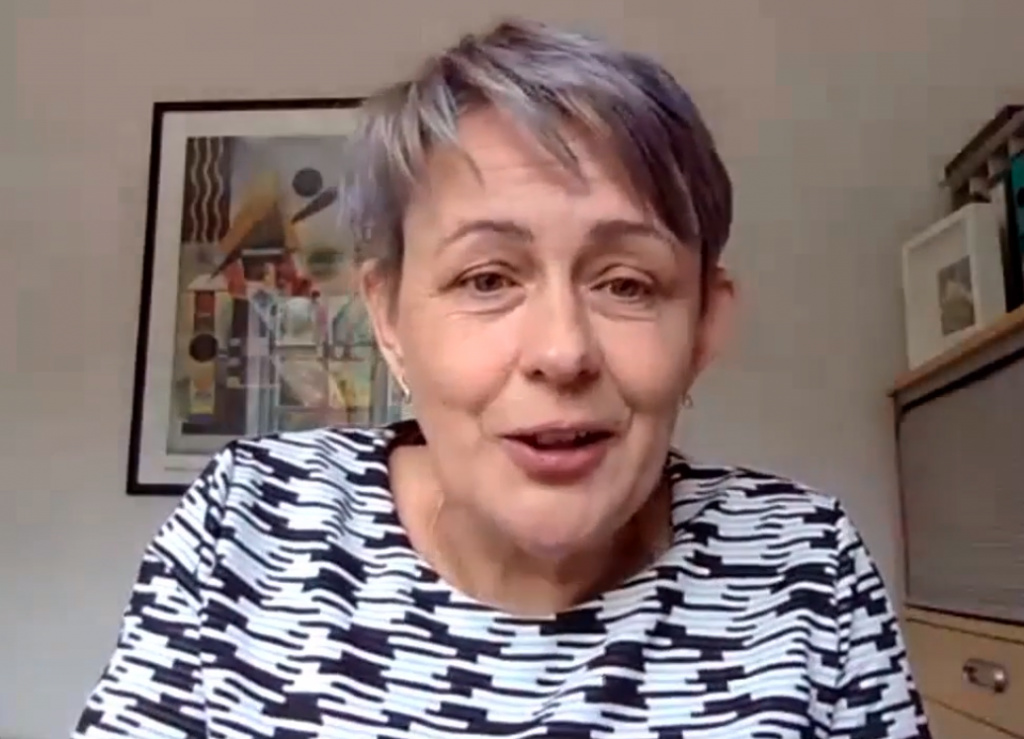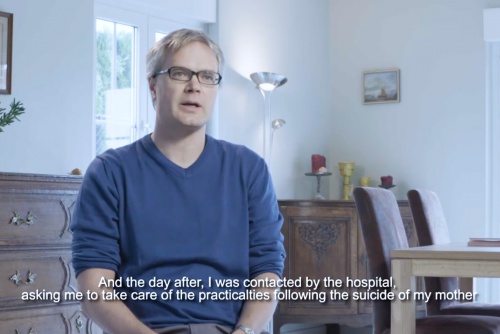Following the publication of the results of the BMA membership survey on assisted suicide and euthanasia, attention has rightly been paid to the fact that opposition to these is highest among specialties working most closely with dying people. On 16 October, The Times published a letter from Dr Carol L Davis, lead consultant palliative medicine, University Hospital Southampton:
© Image copyright of Fabio and licensed for reuse under Creative Commons License 2.0Sir, Norma Rinsler (letter, Oct 14) talks of a "reluctance" on the part of many doctors, especially those of us who care day in and day out for terminally ill patients, to prescribe lethal drugs. We are not reluctant, we are just not prepared to do it. She also asks: "Where is the patient in all this?" Good clinical care is a partnership between patient and doctor. Doctors cannot insist on patients having treatment: the patient has a right to refuse. Equally a patient cannot demand a specific treatment. Doctor-patient dialogue isn't just another customer-supplier relationship.
Contrary to what Professor Rinsler suggests most patients do "let go quietly", dying peacefully of their illness. Their doctors know they have a duty of care to provide effective symptom control and care as life ends. But that's a completely different matter from giving dying patients lethal drugs.












